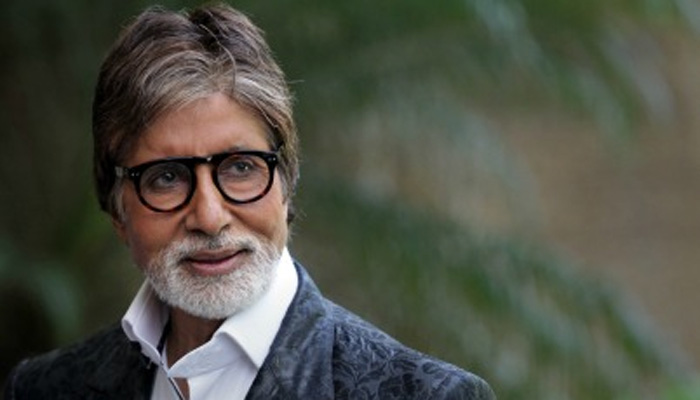The Times of India did describe the judgment as “a bold order evoking liberal Islamic principles’’, but this was on page 2. Its main report on the front page led with the right to equality and only in the very last line mentioned the court’s finding that the Quranic verses cited by the Trust ran contrary to its contention. It devoted the whole of page 2 to the judgment, yet none of the articles quoted this crucial finding.
The DNA report summarised the court’s reasons, yet did not mention this statement about the ban not being “an essential and integral part of Islam’’. So also the Hindustan Times. The Hindu left out the religious aspect of the judgment altogether in its main report.
The judgment shows that the judges have given as much weightage to the religious aspect as to fundamental rights. Yet, from the reports in Mumbai’s papers, and TV debates on the judgment, one would think that the matter had been decided on the basis of fundamental rights alone.
The Bombay High Court had, in fact, all along been extremely cautious in deciding the matter. It had first asked the trustees to reconsider the ban. It had also shown its inclination to wait for the Supreme Court to pronounce its Sabarimala verdict. The judges had said in so many words that this was a very sensitive issue.
The media apparently, doesn’t think so.
The issue has been in the news for more than a year. Surely most reporters knew that the petitioners themselves had stressed the religious aspect as much as the Constitutional aspect. In fact, Zakia Soman of BMMA, one of the petitioners, was at pains to point out in every TV discussion that the Quran is not in conflict with the Constitution when it comes to women’s rights.
Ignoring this very vital aspect and portraying the judgment only as a victory of women’s rights guaranteed by the Constitution gives a very different spin to the controversy. It essentially says: your religious practice doesn’t matter, what matters is the Constitution.
More than the press, it was television that gave the judgment this spin, especially India Today TV and Times Now. On both channels, the maulanas defending the Trust got less time than did the women. In both, they were not allowed to complete their arguments. In both, the anchors not only made it very clear on whose side they were, but didn’t hesitate to display their amusement at the maulanas’ attempts to defend the ban.
(Sourced from agencies, Feature image courtesy:thehoot.org)
























